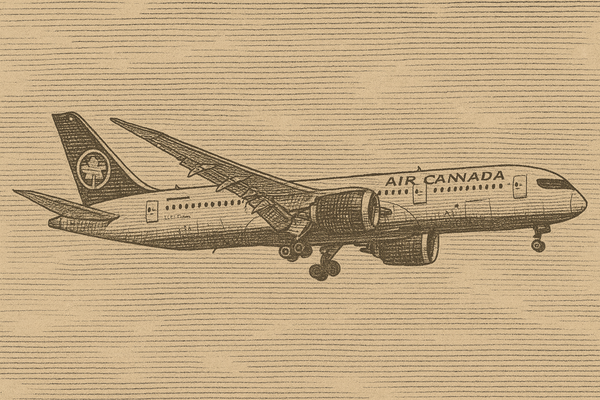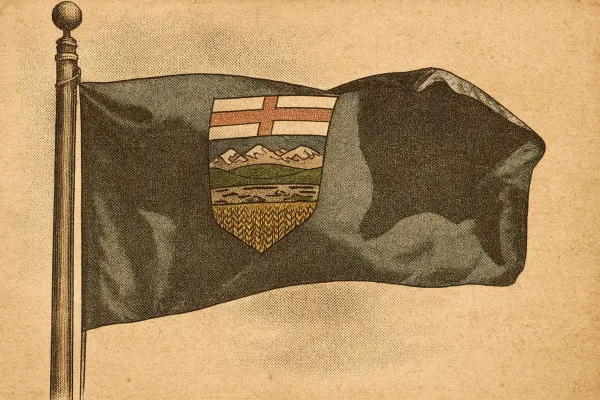Based on coverage from CBC, Global, and CTV.
In the world of air travel, turbulence isn't just something that happens at 30,000 feet. Right now, Air Canada and its flight attendants are caught in a storm of their own, with a potential strike looming on the horizon. The stakes are high, and the clock is ticking. So, what's going on, and why should you care?
At the heart of this dispute is a classic labour standoff. On one side, we have Air Canada, Canada's largest airline, which has been trying to renew a 10-year collective agreement with the Canadian Union of Public Employees (CUPE), representing over 10,000 flight attendants. On the other side, CUPE is pushing back, armed with a 99.7% strike mandate from its members. The main sticking points? Wages that haven't kept pace with inflation and unpaid labour during non-flight times. It's a familiar tale in labour negotiations, but one with significant implications for anyone planning to fly in or out of Canada.
Enter Patty Hajdu, Canada's Minister of Employment, Workforce Development and Labour. She's playing the role of mediator, urging both parties to find common ground at the bargaining table. Air Canada has requested binding arbitration, a process where an independent arbitrator would make a final decision on the unresolved issues. CUPE, however, isn't biting, preferring to negotiate a deal that its members can vote on. It's a bit like trying to settle a family feud by calling in a referee, only to have one side insist on hashing it out over dinner instead.
The tension has already started to ripple through the travel industry. Air Canada has begun cancelling flights in anticipation of a potential work stoppage, which could start as early as Saturday. The airline has promised full refunds for cancelled flights and has made arrangements with other carriers to accommodate stranded passengers. But with the summer travel season in full swing, finding alternative flights might be easier said than done. Other airlines like WestJet, Porter, and Flair are monitoring the situation, ready to step in where they can, but capacity is tight.
For Canadian travellers, this isn't just a story about labour negotiations. It's about the potential chaos of disrupted travel plans and the uncertainty of not knowing if your flight will take off as scheduled. It's about the frustration of being caught in the middle of a corporate tug-of-war, with your summer vacation hanging in the balance.
So, what happens next? The coming days will be crucial. Air Canada and CUPE are under pressure to reach an agreement before the weekend. Minister Hajdu has made it clear that deals made at the bargaining table are preferable, and federal mediators are on standby, ready to assist. But if the two sides can't find common ground, the government might have to step in, as it has in past labour disputes in the transportation sector.
For now, all eyes are on the negotiations. Will Air Canada and its flight attendants find a way to smooth out their differences, or are we in for a bumpy ride? As the situation unfolds, one thing is certain: the outcome will have a lasting impact not just on the airline and its employees, but on the thousands of Canadians who rely on Air Canada to get them where they need to go. Stay tuned, because this is one flight path that's still very much up in the air.
Source 1 | Source 2 | Source 3









